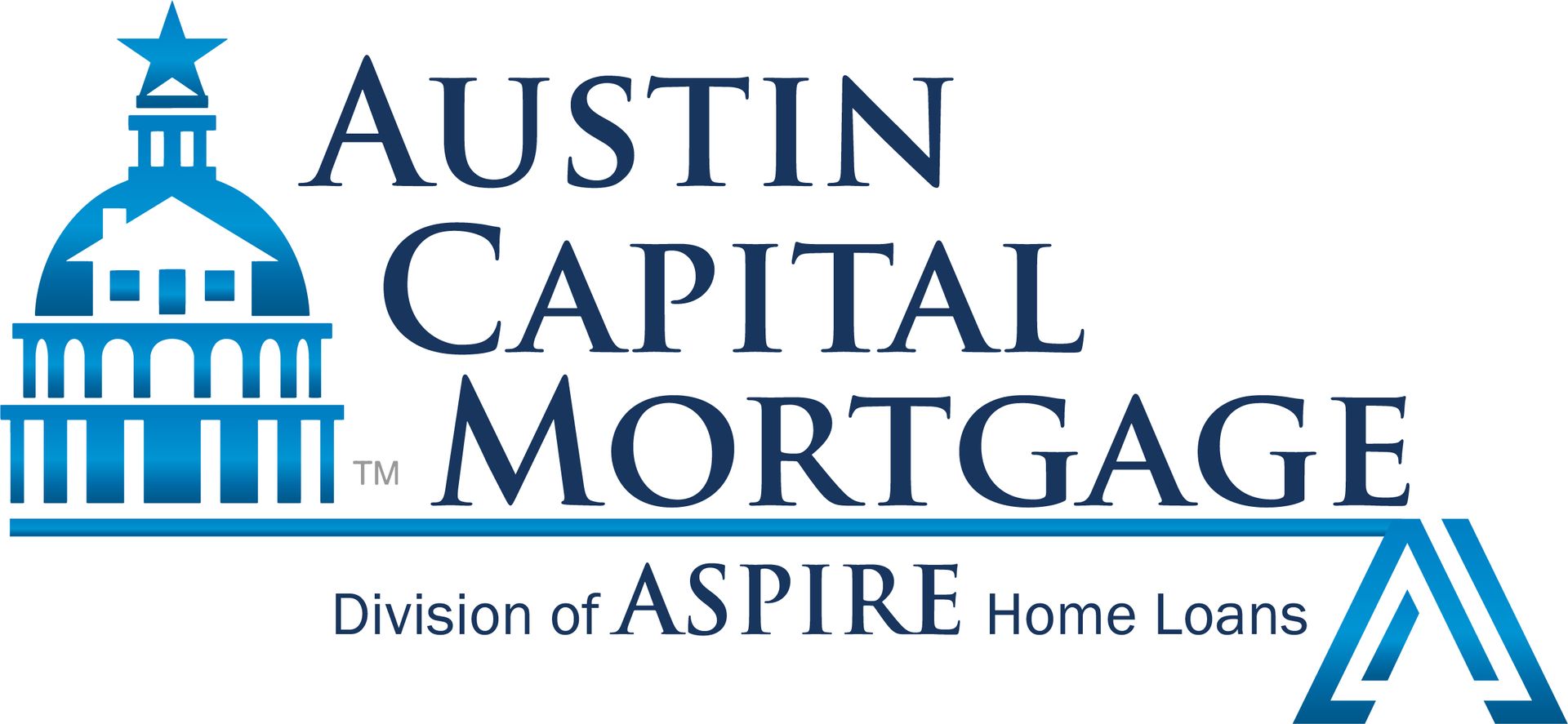Understanding Jumbo Loans: Key Considerations for High-Value Property Buyers
Josh Neimark
At some point, you may have heard of jumbo loans and wondered what they are and how they differ from conventional loans. In this article, we will delve into the world of jumbo loans and provide you with the essential information you need to know before applying for one. As a leading mortgage lender, we are committed to empowering homebuyers with knowledge that can help them make informed decisions. So, let's get started!
What is a Jumbo Loan?
Jumbo loans, also known as non-conforming loans, are home loans that exceed the limits set by Fannie Mae and Freddie Mac, the two government-sponsored entities that buy mortgages from lenders. As of 2023, the conforming loan limit for a single-family home is $647,200, and it can vary based on location and property type. Jumbo loans are designed for borrowers who need to finance homes that exceed these limits, typically starting from $647,201 up to several million dollars.
Why Would You Need a Jumbo Loan?
You may need a jumbo loan if you are buying a high-value property that exceeds the conforming loan limit. Jumbo loans allow you to borrow more money than conventional loans and offer competitive interest rates and flexible terms. However, jumbo loans are generally harder to qualify for than conventional loans, and lenders may require a higher credit score, lower debt-to-income ratio, and more documentation.
What Are the Benefits and Drawbacks of Jumbo Loans?
Jumbo loans have some benefits and drawbacks that you should consider before applying for one. Here are some of them:
Benefits:
- Jumbo loans allow you to finance high-value properties that may not be eligible for conventional loans.
- Jumbo loans offer competitive interest rates that are often lower than other non-conforming loans such as portfolio loans or hard money loans.
- Jumbo loans may allow you to buy a home with a smaller down payment than you would need with a conventional loan.
- Jumbo loans may offer more flexible terms such as longer repayment periods or interest-only options.
Drawbacks:
- Jumbo loans are generally harder to qualify for than conventional loans and may require a higher credit score, lower debt-to-income ratio, and more documentation.
- Jumbo loans may have higher interest rates than conventional loans, especially if you have a lower credit score or a higher loan-to-value ratio.
- Jumbo loans may have higher closing costs and fees than conventional loans.
- Jumbo loans may have stricter underwriting standards and may take longer to process than conventional loans.
How do jumbo loans differ from conventional loans?
Jumbo loans differ from conventional loans in several ways. Firstly, they have higher credit score and down payment requirements, typically requiring a credit score of at least 700 and a down payment of at least 10-20% of the purchase price. Secondly, jumbo loans may have higher interest rates and closing costs than conventional loans due to their increased risk to lenders. Finally, jumbo loans may have stricter underwriting requirements, such as larger cash reserves and more thorough income verification.
What factors should you consider before applying for a jumbo loan?
Before applying for a jumbo loan, there are several factors that you should consider. Firstly, you should assess your financial situation and ensure that you have sufficient income, assets, and credit history to meet the lender's requirements. Secondly, you should shop around and compare jumbo loan rates and terms from different lenders to find the best deal. Finally, you should evaluate the cost of homeownership, including property taxes, insurance, and maintenance, and ensure that you can afford the monthly mortgage payments and associated expenses.
How to Qualify for a Jumbo Loan?
To qualify for a jumbo loan, you will need to meet the lender's eligibility criteria. Here are some of the factors that lenders may consider:
Credit score: Most lenders require a credit score of 700 or higher, but some may accept lower scores with compensating factors such as a high income or a large down payment.
Income and employment: Lenders will want to verify your income and employment history to ensure that you can afford the loan payments. They may require two years of tax returns, W-2 forms, and recent pay stubs.
Debt-to-income ratio: Lenders will calculate your debt-to-income ratio (DTI) by dividing your monthly debt payments by your monthly income. Most lenders prefer a DTI of 43% or lower, but some may accept higher ratios with compensating factors.
Down payment: Jumbo loans typically require a larger down payment than conventional loans. Most lenders require a down payment of at least 10-20% of the home's purchase price.
Assets and reserves: Lenders may require you to have a certain amount of assets and reserves to show that you have enough money to cover the down payment, closing costs, and several months of mortgage payments.
Property value and appraisal: Lenders will want to verify the value of the property you are buying and may require an appraisal by a certified appraiser.
In conclusion, jumbo loans can be a valuable option for high-net-worth borrowers seeking to finance luxury homes or investment properties. However, they come with higher credit score and down payment requirements, higher interest rates and closing costs, and stricter underwriting requirements than conventional loans. Before applying for a jumbo loan, it is essential to assess your financial situation, shop around for the best rates and terms, and evaluate the cost of homeownership to ensure that you can afford the monthly payments and associated expenses. We hope that this comprehensive guide has been helpful in understanding jumbo loans and their suitability for your financial needs

